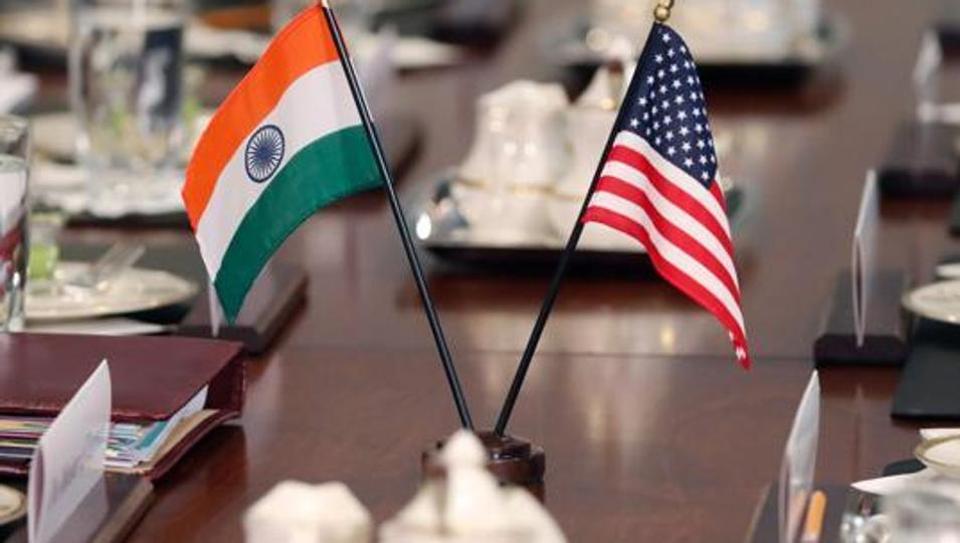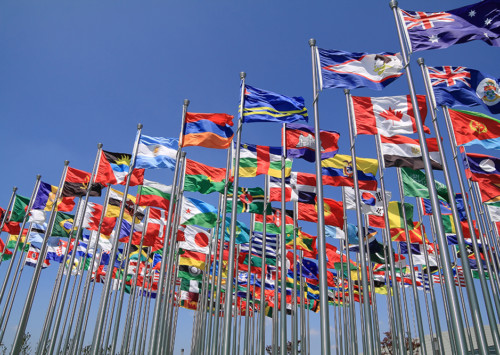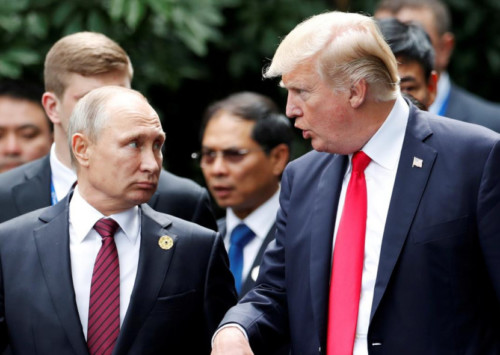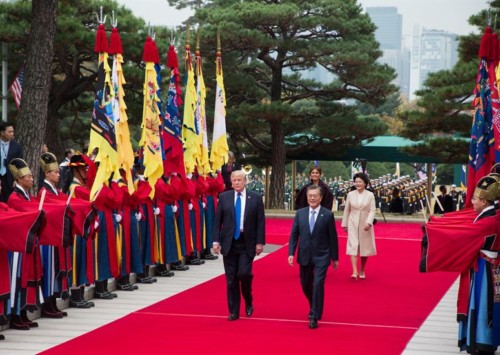India US trade dispute
Even while he negotiates a deal with China, the US President Donald Trump has turned his attention to India. New Delhi would do well to stand its ground and rebuff any threats.
Earlier this month, the Indian government decided to postpone yet again the retaliatory imposition of additional tariffs on some key exports from the United States, including walnuts, almonds and pulses.
The imposition of punitive tariffs on a total of 29 items is now expected to come into force from June 16. India had threatened to impose these duties in response to the decision by the Trump administration to revoke the special status granted by the US to India under the World Trade Organisation (WTO) rules and which gives Indian exports to the US market access at relatively low rates.
The US had threatened to withdraw the special privilege to India by May 2. However, so far it has not yet enforced this measure. The administration has been facing mounting pressure from within the US to withdraw the move. Recently, a group of 25 members of the United States House of Representative surged Trump not to go ahead with his threat to terminate India’s status as a beneficiary of the Generalised System of Preferences (GSP), a scheme of the World Trade Organisation, which allows exports of certain goods from developing countries to developed nations on low tariffs.
Last year, even while his trade battle with China was on, President Trump had begun complaining about how India had kept its markets closed to the US products, citing, wrongly, that India continued to impose 100 pc levy on imports of Harley Davidson motorcycles. The current tariff is 50 pc, down from 75 pc last year.
The US says it is also bothered about its trade deficit with India, which stood at over USD 27 billion in 2017 on a total bilateral trade of USD 126 billion. Already, last year, Trump went ahead and imposed additional duties on imports of steel and aluminium from various countries, including India. Though the Indian industry has been hurt due to additional tariffs, India has so far refrained from any response even a year later.
Not only does Trump want India to lower import duties, he also wants the country to change its Intellectual Property Rights laws even though these laws are fully compliant with India’s obligations under the WTO. Egged on, mainly by the powerful Big Pharma lobby, the US has been asking India to align its IPR laws with those of the US. It also wants India to open its markets, notably agricultural and dairy products. The US is also unhappy about the recent changes to the data security and hosting regulations as well as the e-commerce norms in India as it feels that the new rules hurt the US companies in these domains.
India should strongly rebuff any attempts by the US to extract a concession on these sensitive issues. While India can and should lower the import duties on alcohol and luxury products, as these industries do not merit any further protection, it would be suicidal for Indian farmers and rural population per se if India were to lower the levies on agriculture and dairy product imports.
With barely over two million farmers, less than 0.5 percent of the US population is dependent upon farming for a livelihood. Yet, the US spends over USD 50 billion each year in subsidies to them. In contrast, for over 800 million persons dependent upon farming, India spends a fraction of the US in subsidies. Rural incomes in India have been depressed for nearly a decade and high debts, arising due to failed crops or lack of buyers and difficulties in access to the markets, lead thousands of farmers to commit suicide across India each year.
In this situation, only a foolhardy leader would decide to open the farm markets even more, pushing millions more of farmers to the brink.
It might be easier for the government to give concessions on data security rules as well as e-commerce as these concern large Indian companies, many of them profitable with tens of billions of dollars in revenues and which should be left to fend for themselves in a globalised market. It is hard to see what assistance the Indian government can provide to Mukesh Ambani, chairman of Reliance Industries, whose net worth puts him in the league of billionaires like Bill Gates and Warren Buffet.
Only if the US or other countries deny a level playing field to Indian companies should India retaliate, but in principle the government needs to focus on providing social security and protecting the poor, who account for over half the population, from the ill-effects of a globalised economy.
Negotiating a truce with Trump would be futile as can be seen from the Chinese trade war with the US. Trump is anything but a reliable partner and if India succumbs to his pressures, intense as they maybe, it would only downhill from there. India would be better off taking its chances in a trade war than succumb to a Trumpian truce.













